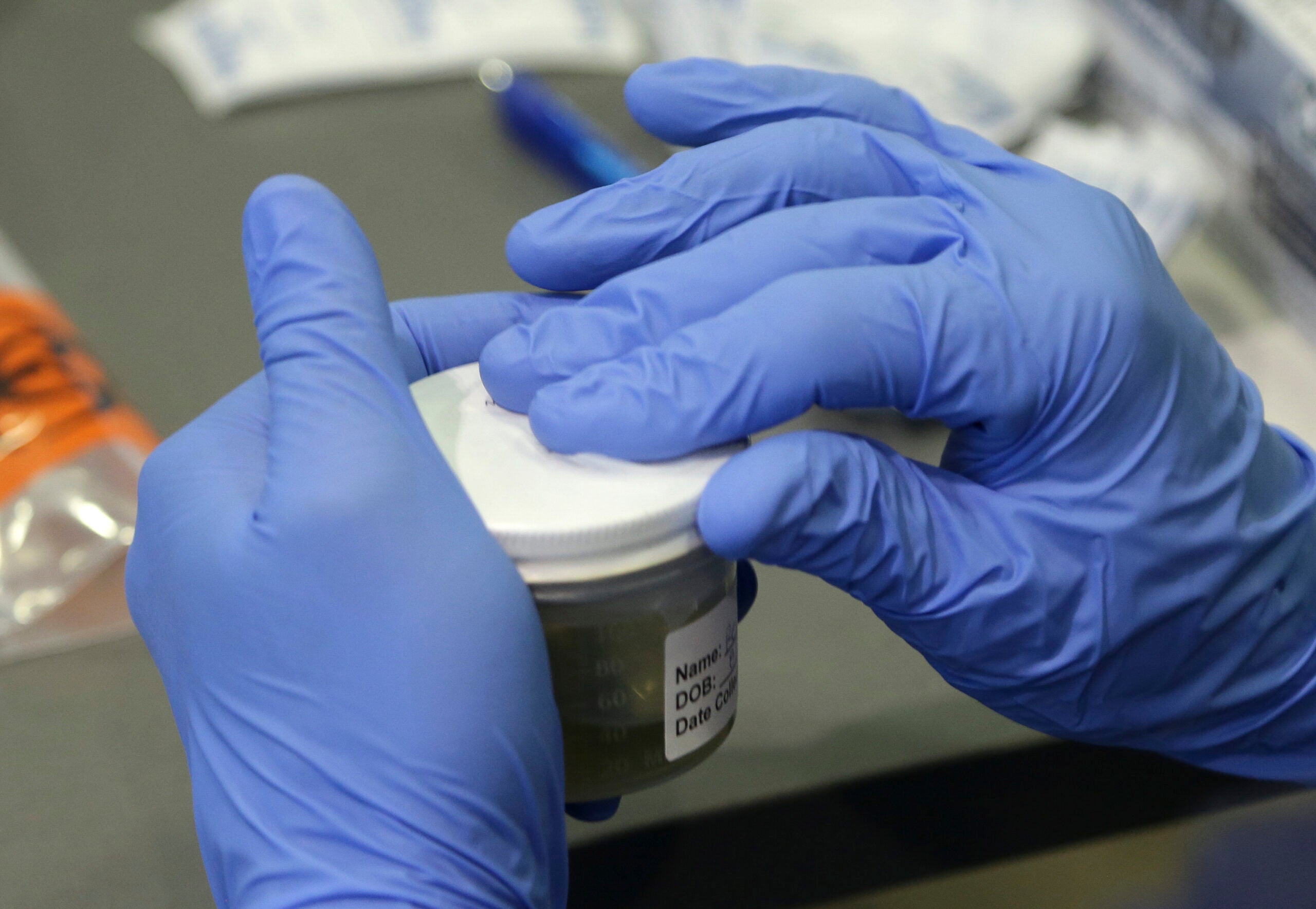The state of Wisconsin is moving closer to mandatory drug testing for some Medicaid recipients.
The testing for childless adults on BadgerCare was included in the 2015-2017 state budget, along with other proposed changes to state-run healthcare for low-income individuals. In order for the state to implement the mandatory testing, it must receive a waiver from the federal government. The process to seek that waiver began this week.
But as the application process begins, some critics are pushing back.
News with a little more humanity
WPR’s “Wisconsin Today” newsletter keeps you connected to the state you love without feeling overwhelmed. No paywall. No agenda. No corporate filter.
“It may be very good politics for a governor’s race, but that’s mostly what it is — it’s horrendous public policy,” said Robert Kraig, executive director of Citizen Action of Wisconsin, a liberal advocacy group. “It sets the state back both in terms of health care coverage and in terms of our approach to substance abuse disorders.”
Kraig argued money spent on drug testing should be spent on treatment programs instead.
Under the proposal, people who refuse or fail a drug test would be ineligible for benefits. Individuals who fail the test would be referred to a substance abuse treatment program.
Dr. Rich Brown, a substance use prevention expert at the University of Wisconsin School of Medicine and Public Health, said the move to mandatory testing would work against Republican-authored bills known as the HOPE Agenda, which are aimed at fighting opioid abuse in Wisconsin.
“Withholding Medicaid from people who test positive for drugs would go against the intent of HOPE legislation and deprive people of the most effective treatments for their addictions,” Brown said.
The governor has argued testing would help identify people who need treatment.
The state’s waiver application will be posted on the state Department of Health Services’ website Wednesday, according to a DHS spokeswoman. That will begin a 30-day public comment period on the proposal.
Wisconsin Public Radio, © Copyright 2025, Board of Regents of the University of Wisconsin System and Wisconsin Educational Communications Board.







